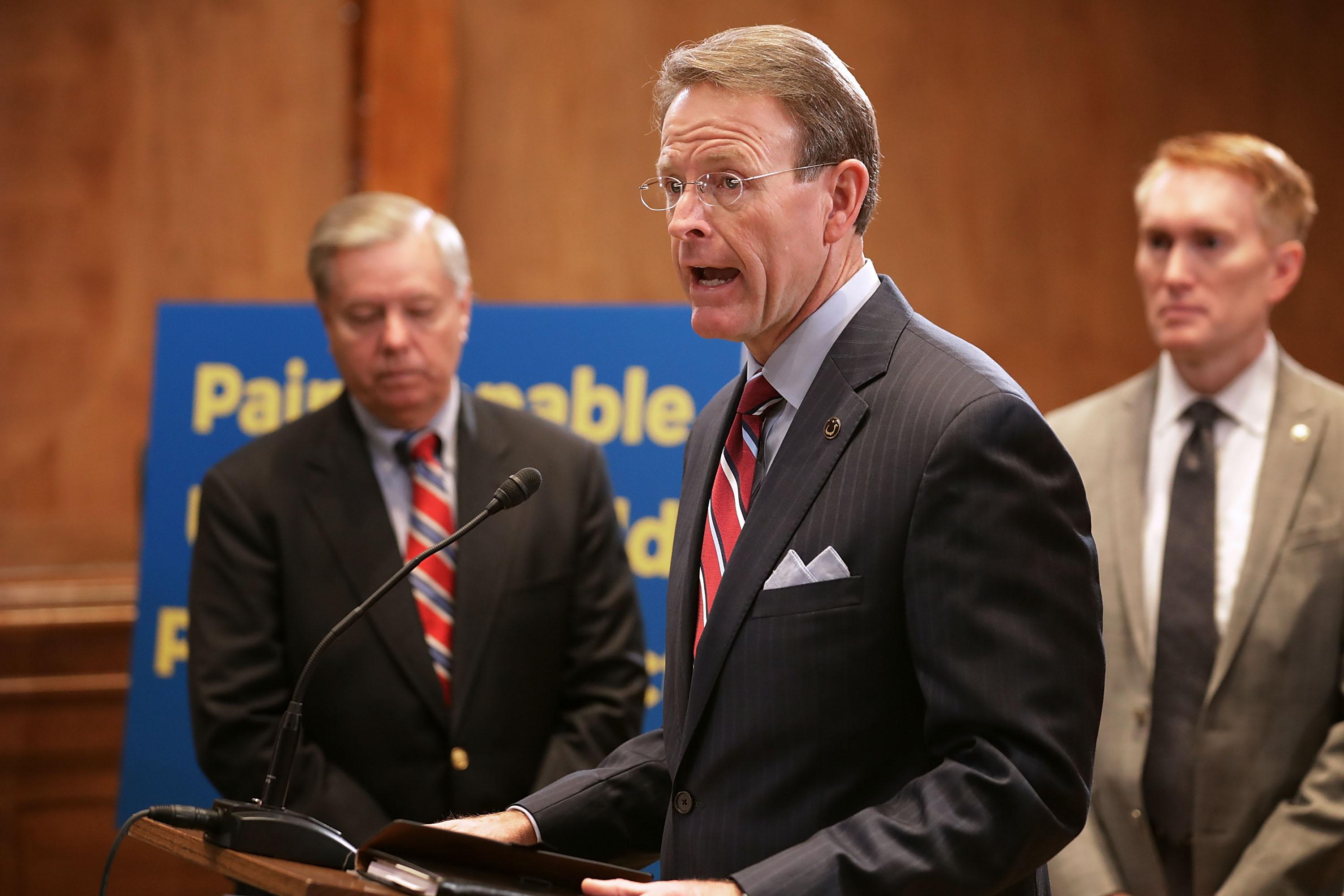This post is part of Outward, Slate’s home for coverage of LGBTQ life, thought, and culture. Read more here.
As of early January, I am legally a man on every official document except my birth certificate. The process to get from legal woman to legal man was quite complex. First, I went to a state district court in Massachusetts, where I was born, and obtained a legal name change. Then I visited a doctor who could provide me with a letter certifying that my transition is medically necessary. I brought the letter to a Social Security office in California, where I live now, to apply for a new card. Then I visited the DMV with these documents—plus another form from the DMV also signed by my doctor—to update my driver’s license info. A more organized person might have managed all this in a couple of weeks, but it took me several months to complete it all, in fits and starts. I haven’t changed my birth certificate yet, which will require another trip to a Massachusetts court and another doctor’s letter.
When my updated Social Security card and driver’s license arrived in the mail, I didn’t feel happy or validated. Instead, I was overcome with relief. At last, I thought, I have some small measure of protection if the Christian right’s political power grows strong enough to make things really bad for people like me.
My life as a transgender man in America has generally been good, even great. Sure, there was an awkward period of adjustment before I began fully passing for male. I’ve had medical expenses that weren’t covered by insurance, and I’ve occasionally been forced into awkward conversations about gender when people find out that I’m trans. But it’s all worth it because I’ve never felt more connected to my own life. People who knew me pre-transition agree that I’m more confident, more open and engaged with the world around me, less anxious, less self-conscious. I’m grateful to live in a time and place where a gender transition, including effective medical treatment, is available to people like me. But I can never entirely forget that there are powerful political forces in the United States that seek to destroy my life, and that of every other trans person alive, if given a chance. If anyone ever asks for my documents as I attempt to use the restroom, the “M” on my license will offer a protection that nothing else could.
The Christian right’s response to transgender people starts from the premise that all trans identities are illegitimate and a threat to the moral character of the country. Thus far, they’ve had little success in turning this attitude into law, but their advocacy for harsh, impractical bathroom bills suggests that there won’t be much room for compromise if they’re ever in a position to make policy. What policies could they make? For starters, the government could make it harder or impossible for trans people to change their legal gender markers. (Some states already prohibit us from changing our birth certificates.) For trans people, having to out ourselves as transgender every time we present ID would be a huge blow, as we are often discriminated against when forced to reveal our transition history. Document changes allow trans people to go fully stealth if necessary, and then to live quietly and authentically as our post-transition selves. Since my own document changes are nearly complete, my ability to blend in will most likely remain—even if the option to make such changes is limited or closed off.
Another possible avenue for right-wing meddling in transgender lives would be our medical treatments, including hormone therapy, genital surgery, chest surgery, etc. The Christian right has long shown it has a voracious appetite for meddling in the personal medical decisions of others, starting with their ongoing attempts to reverse Roe v. Wade and limit access to birth control and family planning. Anti-trans advocates have fought against insurance coverage for trans medical care, and given their penchant for restricting medical procedures, it seems plausible that they could attempt to legally constrain doctors from prescribing cross-sex hormones or performing transition-related surgeries. In the event that testosterone therapy was one day limited to men, my status as a legal man might allow my doctor to continue writing my scripts.
The LGBTQ movement has made great gains in my lifetime, but progress seems to have largely stalled just as we were about to tackle transgender rights. As a trans man, I hope for forward movement while remaining fully aware of my vulnerability in the event of a conservative backlash. Far beyond bathroom bills, I fear the potential for a legal framework in this country which would attempt to prevent gender changes, or even criminalize transgender people just for living our lives.
